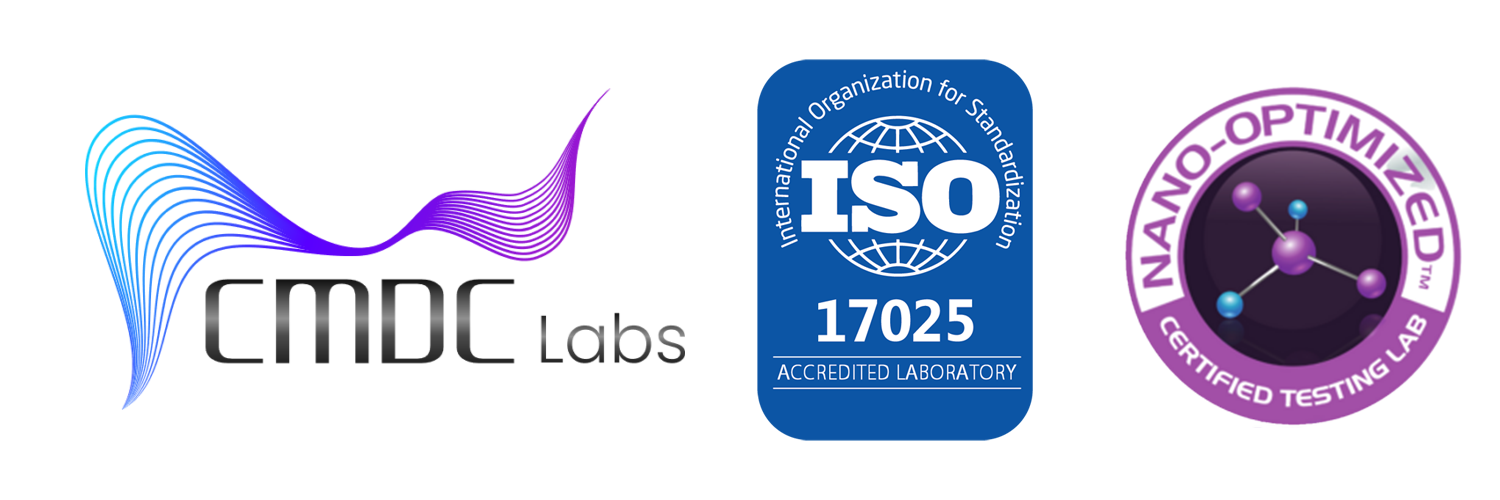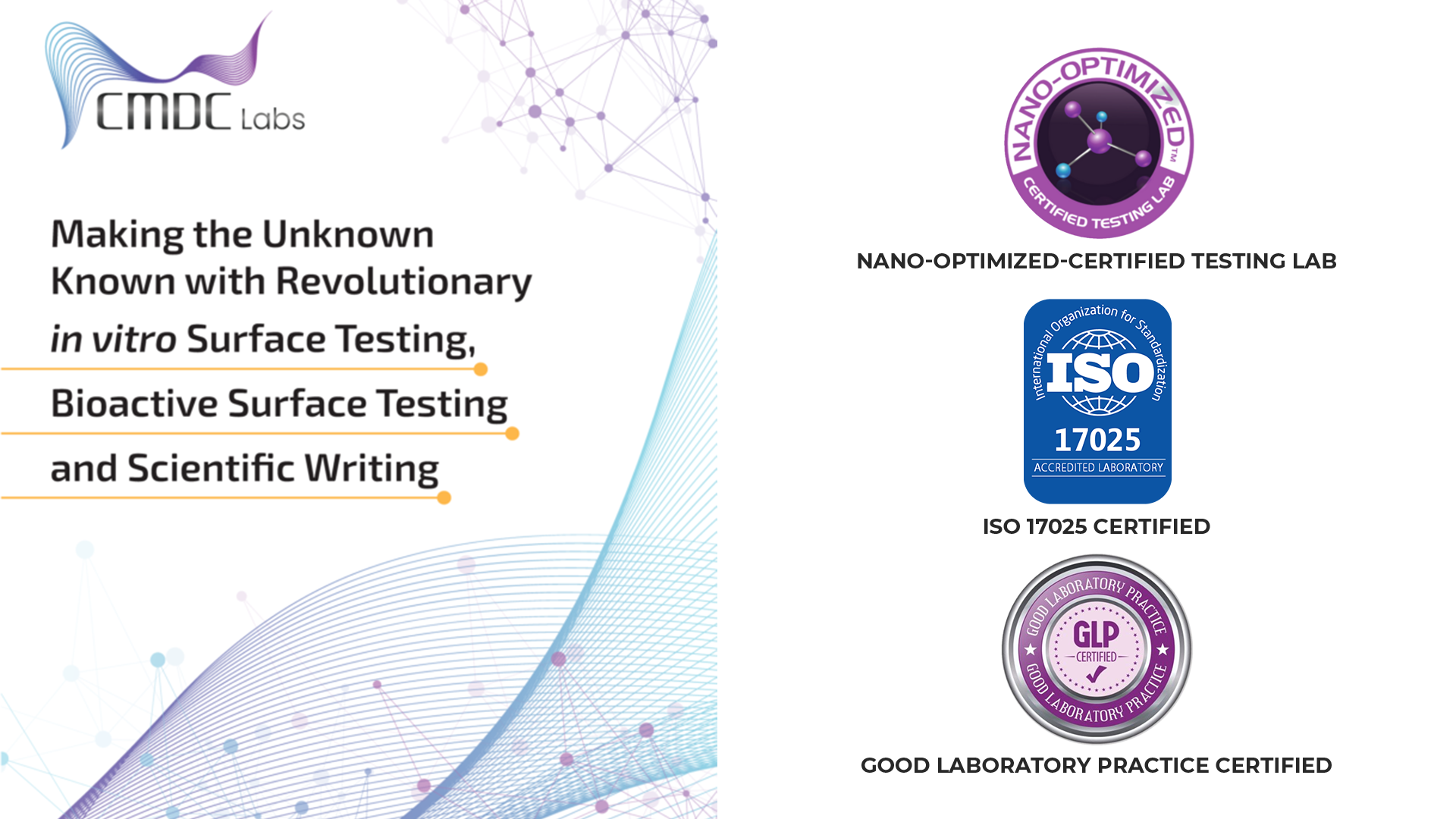In the intricate realm of medical product safety, Limulus Amebocyte Lysate (LAL) testing stands as a formidable shield against endotoxic threats. Endotoxins, originating from the cell walls of certain bacteria, can pose serious risks to human health. This article delves into the critical role of LAL testing in safeguarding medical products, exploring its applications, methodologies, and the broader impact on ensuring the highest standards of safety and efficacy.
Understanding Endotoxins: Silent Threats in Medical Products Endotoxins, also known as lipopolysaccharides (LPS), are potent toxins released from the cell walls of Gram-negative bacteria. When present in medical products, these endotoxins can trigger inflammatory responses in the human body, potentially leading to severe complications. LAL testing serves as a frontline defense, allowing for the detection and quantification of even trace amounts of endotoxins.
The Essence of LAL Testing: Detecting Microbial Contamination Limulus Amebocyte Lysate, derived from the blood cells of the horseshoe crab Limulus polyphemus, is the cornerstone of LAL testing. This sensitive and specific assay is designed to detect the presence of endotoxins in medical products. The clotting reaction that occurs when LAL encounters endotoxins provides a rapid and precise indication of contamination, enabling swift corrective actions to ensure product safety.
Applications in Pharmaceutical and Medical Device Industries LAL testing finds extensive applications in both the pharmaceutical and medical device industries. Pharmaceutical products, including injectable drugs, intravenous solutions, and implantable devices, undergo rigorous LAL testing to meet regulatory requirements and ensure patient safety. In the medical device realm, LAL testing is a critical component of quality control, especially for products that come into direct contact with the bloodstream or internal tissues.
Ensuring Compliance with Regulatory Standards Adherence to regulatory standards is paramount in the development and manufacturing of medical products. LAL testing is not only a recommended practice but often a regulatory requirement, particularly in pharmaceutical and medical device industries. By conducting LAL testing according to established guidelines, laboratories, including CMDC Labs, uphold the highest standards of quality and safety in their operations.
Innovations in LAL Testing Methodologies As technology advances, so do the methodologies employed in LAL testing. Laboratories, including CMDC Labs, embrace innovative testing approaches to enhance sensitivity, reduce testing time, and meet the evolving needs of the industry. These advancements contribute to the continuous improvement of LAL testing, ensuring its efficacy in detecting even the minutest traces of endotoxins.
Quality Assurance in Every Test: CMDC Labs’ Commitment CMDC Labs, a leader in microbiology testing, exemplifies a steadfast commitment to quality assurance in LAL testing. Rigorous testing methodologies, adherence to industry standards, and a dedication to technological advancements define CMDC Labs’ approach. By prioritizing the safety of medical products through LAL testing, CMDC Labs plays a vital role in fortifying the healthcare landscape.
Conclusion: LAL Testing – A Pillar of Medical Product Safety In conclusion, LAL testing stands as a pillar of strength in the realm of medical product safety. Its ability to swiftly and accurately detect endotoxins ensures that pharmaceuticals and medical devices meet the stringent criteria for quality and safety. Laboratories, like CMDC Labs, contribute significantly to this ongoing quest for excellence by integrating LAL testing into their comprehensive suite of microbiology testing services.

